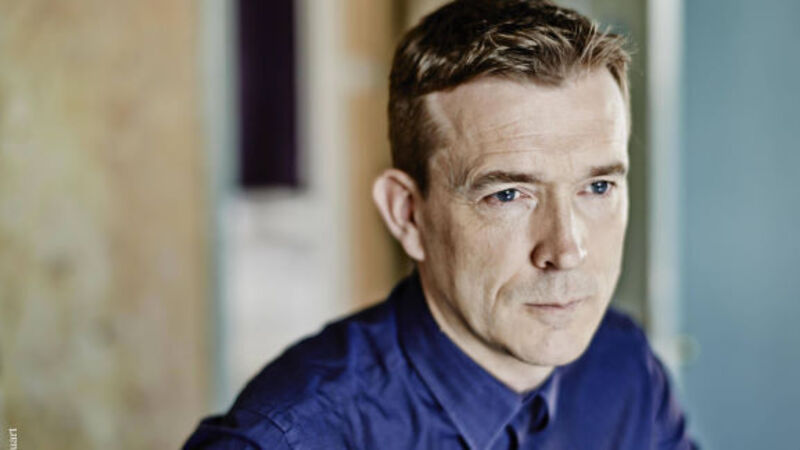Cork-based Cloud Atlas author David Mitchell on Twitter, his children, and latest novel

DING!” goes David Mitchell, mimicking the sound effects of a TV game show. Following my brag about spotting seven connections between his latest novel, The Bone Clocks, and previous books, the multi award-winning author has challenged me to “rattle them off the top of my head”. Hence I’m now in the throes of what feels like a surreal round of Mastermind.
I’m certainly not the only person geekily obsessed with Clonakilty-based David Mitchell’s back catalogue. But, as someone whose adoring fan base is more akin to that of a rock star than a writer, 45-year-old Mitchell is delightfully unassuming. He pauses several times during our interview to make cups of tea, thanking me for spending the weekend reading The Bone Clocks, and seeming genuinely relieved I enjoyed it.











